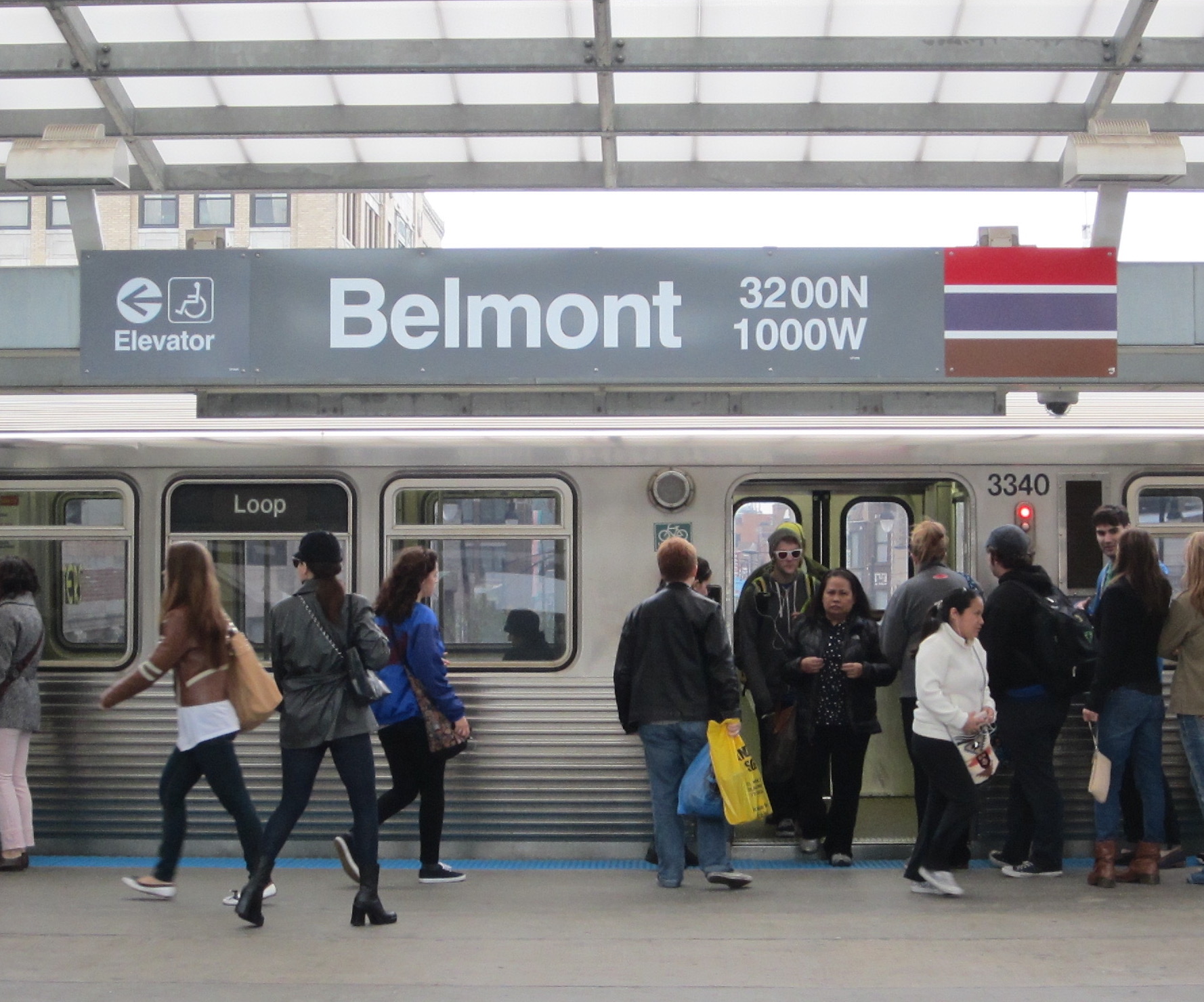State representative Theresa Mah's (D-2nd) Transportation Benefits Program Act proposal has been gaining traction as it makes its way toward becoming law. Once passed, HB2068 would require relevant employers "to provide a program that allows a covered employee to elect to exclude from taxable wages and compensation the employee's commuting costs incurred for the purchase of a transit pass to use public transit or for the purchase of qualified parking, up to a maximum level allowed by federal law."
The bill would also mandate that transit agencies market the existence of this program to their riders. In addition the legislation provides that "nothing in the act shall be deemed to interfere with, impede, or in any way diminish the right of employees to bargain collectively with their employers."
Mah told Streetsblog she sponsored a version of this bill a couple in 2017, but it didn't get far. She decided to reintroduce it now as society is reemerging from the COVID-19 pandemic and transit ridership is increasing. The legislation would also encourage more transit ridership, helping the transit agencies with their bottom line at a time when they're facing funding challenges.
"[Pre-tax transit benefits] are already in existence in federal tax law," Mah said. "So at the federal level, it's a program that already exists that you can buy your fare cards, your Metra passes and CTA passes directly on a pre-tax basis, so directly from your paycheck from your employer, but your employer also has to offer this program in order for people to take advantage of it. So, even though this federal pre-tax program exists, not very many people use it because not a lot of employers offer it in their benefits menu of items. [As it stands] you can check off what health insurance you want or decide to partake in healthcare savings plan, which is also a pre-tax program, but if your employer doesn't offer this transit benefits program then you miss out on the opportunity to save a little bit of money."
Mah filed HB2068 on February 2 of this year, with its first reading on the seventh. On March 14, the bill received its second reading, meaning that it was assigned to a committee. It has to be approve by the committee to be allowed for a final vote on the House floor.
Once it gets to the House, the bill will have to receive support from 60 out of of the 118 representatives to pass. From there, it'll go to the Senate. There is needs yes votes from 35 out of 60 sixty senators. Once it gets that, it'll go to governor JB Pritzker's desk for his signature.
"It's the negotiated version of the 2017 bill, and there's likely some more narrowing of the bill's scope over the coming weeks to get it through," said lobbyist Dan Johnson, who first alerted Streetsblog that the transportation benefits mandate bill was back in play. "Notably, neither the Chicagoland Chamber nor the Illinois Manufacturers opposed the bill in committee. The Republicans voted against it, but even the spokesperson for the committee noted his own firm offers commuter benefits to their employees. Over the coming years, I'm sure Representative Mah and the General Assembly will seek to broaden its scope after there's more general acceptance of the requirement to offer the benefit."
According to Mah, the proponents did make a couple of compromises to get the bill to move forward. For instance, initially the mandate applied to employers with 25 employees or more, but they changed it to 50 or more at the behest of groups that represented the employers. Mah thought would be OK because it still encompasses "quite a few employers." Mah added that supporters of HB2068 should contact their state representatives or senator to ask them to vote yes.





